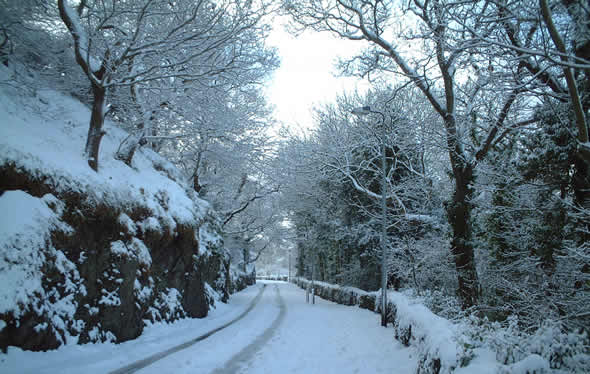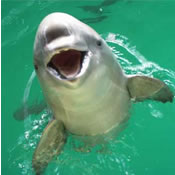I’m often asked to translate words and phrases into various languages. Without any context this is particular challenging as a word in English might have more than one possible translations in another language.
The other day, for example, I was asked to translate “Scottish Pride” into Scots and Scottish Gaelic. The Scots version is easy, “Scots Pride”, and the Scottish part is easy in Scottish Gaelic, “na h-Alba”, but there are quite a few equivalents of pride, each of which has slightly or very different meanings. Dwelly gives the following translations of pride:
– ain-mèin – pride, haughtiness, arrogance, frowardness.
– ànart – pride, disdain, contempt.
– àrdan – pride, haughtiness; anger, wrath; height, eminence, hillock
– barracaid – pride; loud talk.
– boiteal – pride, haughtiness, arrogance.
– borraileachd – pride.
– bròd – pride, arrogance, haughtiness; chastisement;
– cuidealachd – pride.
– diomas – pride, arrogance; defiance.
– làstan – pride, sauciness, lordliness boasting for nothing.
– mórchuis – pride, pomp, magnificence, splendour; boasting, vainglory, ambition, state, pride, glory; exploit
– pròis – pride, haughtiness; flattery; humouring, cajoling; ceremony; neat, punctilious little female, prude; conceit; niceness
– pròisealachd – pride, haughtiness; punctiliousness, niceness, ceremoniousness; humouring nattering; punctilious prudery or neatness.
– spailp – pride, spirit, courage, boldness; conceit, self-conceit; foppish young man, beau; airs of importance; armour, belt; kiss; lie; attitude of the foot stretched out, as of a self-important fellow
– starn – pride, haughtiness, conceit.
– stàt – pride, haughtiness.
– stràic – pride, self-conceit; swell of anger or passion
– uabhar – pride, insolence, bluster, vainglory; pomp; heat; extreme pride
– baiseal – pride, arrogance, haughtiness.
– barracaideachd – pride, sauciness.
– cuidealas – pride, conceit, forwardness.
– leòime – pride, self-conceit; foppishness, prudery, coquetry.
– leòm – pride, conceit, gaudiness, foppishness, vainglory, prudery; drawling pronunciation; flattery
– rimhiadh – pride.
– uaibhreachas – pride, pomp, vainglory, haughtiness, arrogance; insolence; great haughtiness, extreme degree of pride or vainglory
Without any context, I would guess that “Mórchuis na h-Alba” might be a good translation of “Scottish Pride”.
In English pride can have a number of meanings as well. According to the OED it can mean:
– A high, esp. an excessively high, opinion of one’s own worth or importance which gives rise to a feeling or attitude of superiority over others; inordinate self-esteem.
– Personified, esp. as the first of the seven deadly sins.
– Arrogant, haughty, or overbearing behaviour, demeanour, or treatment of others, esp. as exhibiting an inordinately high opinion of oneself.
– A consciousness of what befits, is due to, or is worthy of oneself or one’s position; self-respect; self-esteem, esp. of a legitimate or healthy kind or degree.
– The feeling of satisfaction, pleasure, or elation derived from some action, ability, possession, etc., which one believes does one credit.
– Magnificence, splendour; pomp, ostentation, display
– A group of lions forming a social unit.
– The best, highest, or most flourishing state or condition; the prime; the flower.
Pride is derived from proud, from the Old French prod/pro/prot/proz (courageous, valiant, good, noble), from the post-classical Latin prode (profitable, advantageous, useful), from the classical Latin prōdesse (to be of value, be good).





